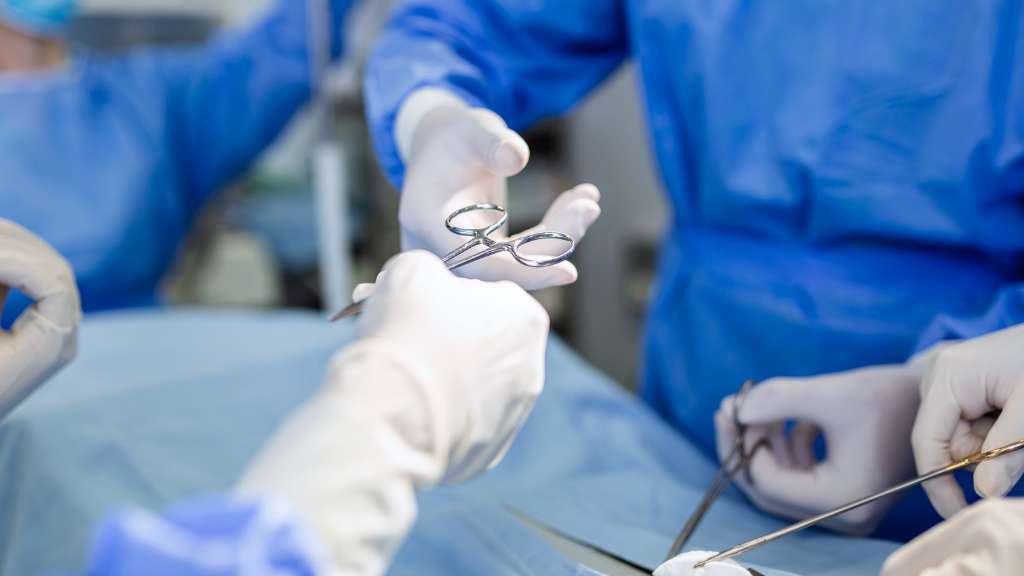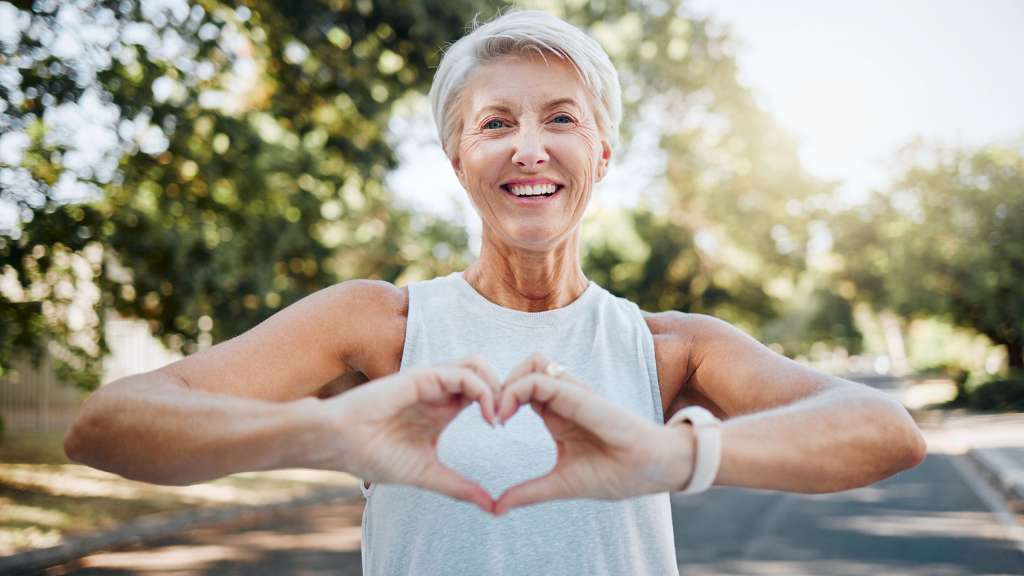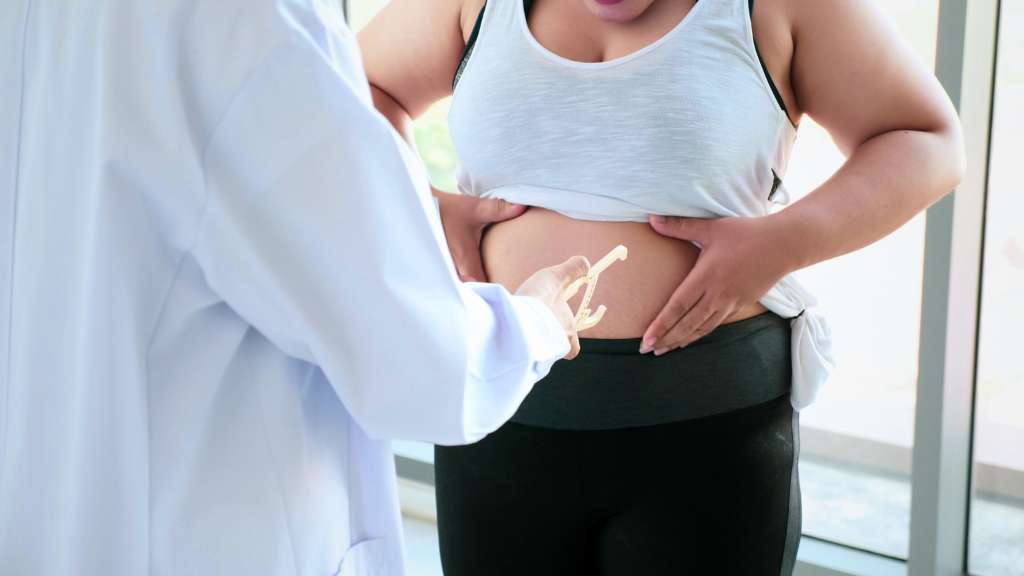Life after Gastric Bypass Surgery
Gastric bypass surgery is a type of bariatric operation designed to aid weight loss by altering the way your stomach and small intestine handle food. This surgery reduces the size of your stomach, limiting the amount of food you can consume, and consequently, the calories you intake.
While the process seems straightforward, the decision to undergo gastric bypass surgery is not to be taken lightly. This life-changing procedure requires a lifelong commitment to a healthier lifestyle, including a balanced diet and regular exercise. Potential candidates must undergo rigorous medical and psychological evaluations to ensure they are well-prepared for the changes that come post-surgery.
The intent of this operation is to enable significant weight loss, which can improve or even resolve obesity-related health conditions. These include heart disease, high blood pressure, type 2 diabetes, and sleep apnea. However, alongside the physical changes, gastric bypass surgery profoundly impacts the patient’s quality of life, which we will explore in the following sections.
Quality Life After Gastric Bypass Surgery
Quality of life after gastric bypass surgery is a multifaceted concept encapsulating physical, psychological, and social aspects. These include improvements in health conditions, changes in physical appearance, alterations in self-perception and body image, and adjustments in social interactions.

Psychologically

Patients typically experience an improvement in self-esteem and body image. They also report a decrease in symptoms of depression and anxiety. However, these changes can be a double-edged sword. While many feel better about their appearance and health, some struggle with the drastic changes in their body and the reactions they receive from others.

Physically

Patients report significant improvements in their overall health status. They experience increased energy levels, enhanced mobility, and a reduction or elimination of obesity-related health problems. This can undoubtedly lead to a better quality of life. However, these physical changes also necessitate a psychological adjustment.

Socially

Interactions can change significantly as well. Friends, family, and colleagues often react positively to the patient’s weight loss, leading to improved relationships. However, these changes can also lead to feelings of isolation if others cannot understand or empathize with the patient’s journey.
Life Expectancy: Before and After Gastric Bypass
Life expectancy is a poignant subject when discussing the effects of gastric bypass surgery. Obesity is a significant risk factor for numerous health conditions, including heart disease, diabetes, and certain types of cancer. Therefore, before surgery, an individual’s life expectancy may be considerably lower than that of their healthy-weight counterparts.
Post-surgery
Studies have shown a significant improvement in life expectancy for those who have undergone gastric bypass surgery. This improvement is attributed to the substantial weight loss, resulting in better control or even resolution of obesity-related health conditions. However, it’s important to note that this increased life expectancy is contingent upon the patient maintaining the lifestyle changes required post-surgery.
Despite the increased life expectancy, the first few years after surgery can be challenging. The body undergoes rapid changes, and there is a need for constant monitoring of nutritional status. Also, there are potential surgical complications, albeit rare, that could negatively impact life expectancy. Hence, it’s a balance of risks and benefits.
Physical Transformation After Gastric Bypass Surgery
The most visible change after gastric bypass surgery is the physical transformation. This surgery results in significant weight loss, often up to 60-80% of excess body weight. This dramatic decrease in weight can lead to improved mobility, increased physical activity, and a decrease in obesity-related health conditions.

This transformation, however, is not just about weight loss. There are improvements in overall physical health as well. Many patients see a resolution or improvement in conditions like diabetes, high blood pressure, and sleep apnea. They also report increased energy levels, making it easier to engage in physical activity and enjoy life to its fullest.
However, this drastic physical change also has its downsides. Some patients may experience loose or sagging skin due to rapid weight loss. Others may need to cope with nutritional deficiencies due to changes in the way their body absorbs nutrients. It is essential to work closely with healthcare professionals to manage these potential issues effectively.
Psychological Transformation After Gastric Bypass Surgery

Alongside the physical transformation comes a profound psychological shift. Many patients report improved self-esteem and overall mental health. The significant weight loss often results in a more positive body image, which in turn, can lead to a decrease in symptoms of depression and anxiety.
However, adjusting to a new body and the reactions from others can be challenging. Some patients may struggle with the attention they receive due to their weight loss. Others may grapple with the fear of regaining the weight. It’s important to seek psychological support during this transition period to ensure a healthy adjustment.
Additionally, some patients may experience changes in their relationships. As they gain more confidence and become more active, their relationships may shift, sometimes causing tension. It’s crucial to communicate openly about these changes and seek professional help if needed.
Lifestyle Changes Post Gastric Bypass Surgery
Life after gastric bypass surgery requires significant lifestyle changes. A balanced diet and regular exercise are essential to maintaining weight loss and overall health. Patients need to consume protein-rich foods, limit sugar and fat intake, and eat smaller, more frequent meals. Regular exercise, such as walking or swimming, can support weight loss and improve cardiovascular health.
In addition to these physical changes, patients also need to make psychological adjustments. They may need to develop new coping mechanisms to deal with stress or anxiety, as overeating is no longer an option. They may also need to navigate changes in their social relationships and learn to accept and love their new bodies.
Coping with Changes in Life Expectancy After Gastric Bypass
While the increase in life expectancy after gastric bypass surgery is a positive outcome, it also requires adjustment. Patients need to understand that while surgery can lead to improved health and longevity, maintaining these benefits requires a commitment to a healthier lifestyle. This includes adhering to dietary guidelines, regularly exercising, and monitoring their health closely.
It’s also important to remember that while the surgery can increase life expectancy, it is not a guarantee. Some patients may still experience health complications related to their previous obesity or the surgery itself. Therefore, it’s crucial to remain under the care of healthcare professionals and to report any concerning symptoms promptly.
You may be interested: Bariatric Surgery Reversible
Potential Challenges and Solutions After Gastric Bypass Surgery

Despite the numerous benefits, life after gastric bypass surgery can present challenges. These can include dealing with loose or sagging skin, managing nutritional deficiencies, and coping with psychological adjustments. It’s essential to acknowledge these challenges and seek appropriate solutions.
For physical issues such as loose skin, some patients opt for plastic surgery. For nutritional deficiencies, regular check-ups and a well-balanced diet can help. For psychological challenges, therapy or support groups can provide assistance. Remember, it’s okay to seek help, and doing so can significantly improve your quality of life after gastric bypass surgery.
Real-Life Stories: Quality of Life After Gastric Bypass Surgery

Many patients report significant improvements in their physical health, including the resolution of obesity-related conditions and increased energy levels. They also often express increased self-confidence and a more positive outlook on life.
However, these stories also highlight the challenges. Some speak of the struggle to adjust to a new body, the fear of weight regain, and changes in relationships. These stories underscore the importance of psychological support during the transition period and the need for ongoing commitment to a healthier lifestyle.
In conclusion, the quality of life after gastric bypass surgery is a complex interplay of physical, psychological, and social factors. While the procedure can lead to significant improvements in health and an increase in life expectancy, it also requires a lifelong commitment to maintaining these benefits.
Life after gastric bypass surgery is a journey, filled with both joys and challenges. With the right support and a dedicated commitment to a healthier lifestyle, it can lead to a significantly improved quality of life. It’s important to remember that everyone’s journey is unique, and what works for one person may not work for another.
To learn more about gastric bypass click HERE






